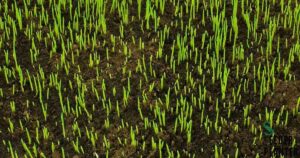In the rich soil of scripture, we find countless parables about seeds and stories of spiritual cultivation. These timeless teachings offer profound insights into our faith journey, illustrating how small beginnings can lead to transformative growth. Let’s explore the deep roots of these biblical principles and discover how they can nourish our souls today.scripture About PlantingSeeds
The Spiritual Foundations of Sowing
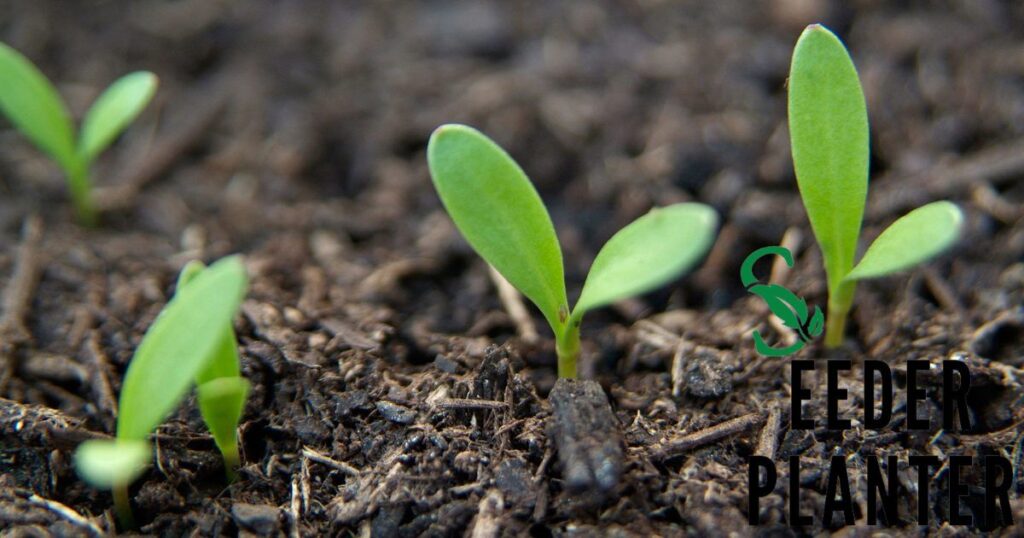
Genesis and the First Seeds
The concept of sowing and reaping isn’t just an agricultural principle—it’s woven into the very fabric of creation. In Genesis, we see God’s first command to plants: “Let the earth sprout vegetation, plants yielding seed, and fruit trees bearing fruit in which is their seed, each according to its kind, on the earth” (Genesis 1:11). This divine design set the stage for a powerful metaphor that would echo throughout scripture.
God’s Promise of Harvest scripture About PlantingSeeds
After the flood, God made a covenant with Noah, promising, “While the earth remains, seedtime and harvest, cold and heat, summer and winter, day and night, shall not cease” (Genesis 8:22). This promise for growth isn’t just about crops—it’s a testament to God’s faithfulness in all areas of life.
Sowing as an Act of Trust
When we plant seeds—whether literal or metaphorical—we’re engaging in an act of faith. We trust that our efforts will bear fruit, even when we can’t see immediate results. This principle of patience in faith is crucial in our spiritual lives, reminding us that growth often happens beneath the surface before it becomes visible.
Jesus’ Teachings on Seeds and Faith
The Parable of the Sower
One of the most well-known biblical parables about seeds is the Parable of the Sower (Matthew 13:1-23). Jesus uses this story to illustrate different responses to the Gospel message:
| Soil Type | Spiritual Meaning | Outcome |
| Path | Hardened heart | Word quickly stolen |
| Rocky ground | Shallow faith | Quick growth, no root |
| Thorny ground | Worldly distractions | Word choked out |
| Good soil | Receptive heart | Abundant fruit |
This parable teaches us about the importance of fertile soil and spiritual growth. It’s not just about hearing the word—it’s about cultivating a heart that’s ready to receive and nurture it.
The Mustard Seed’s Mighty Potential
Jesus also speaks of the mustard seed, saying, “The kingdom of heaven is like a grain of mustard seed that a man took and sowed in his field. It is the smallest of all seeds, but when it has grown it is larger than all the garden plants and becomes a tree” (Matthew 13:31-32).
This parable illustrates the Kingdom of God growth from humble beginnings. It’s a powerful reminder that our small acts of faith can have far-reaching impacts we might never imagine.
Pansy Seeds From Plants: Unveiled Your Garden’s Hidden Treasures
Reaping What We Sow: Spiritual Principles
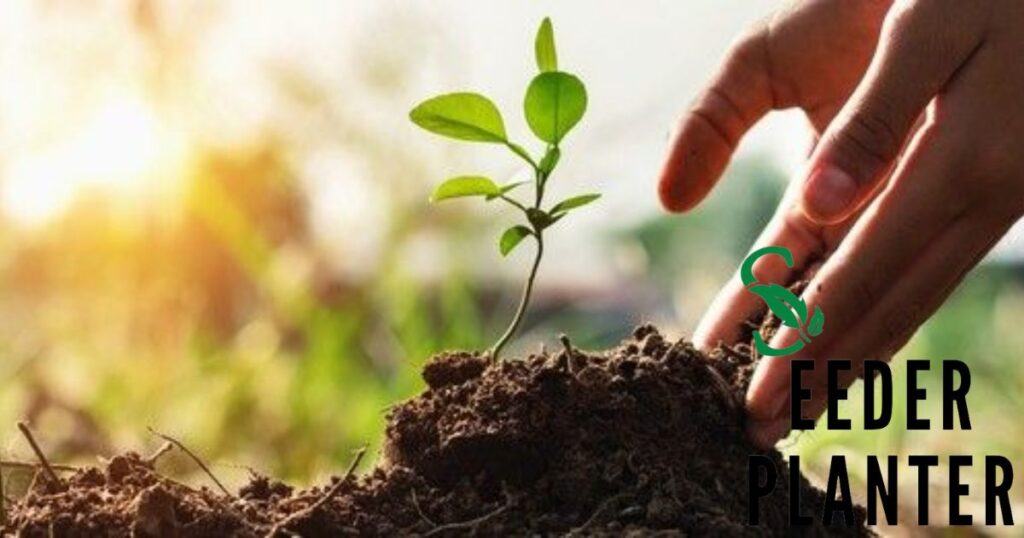
The Law of the Harvest
Paul articulates a fundamental principle in Galatians 6:7-9: “Do not be deceived: God is not mocked, for whatever one sows, that will he also reap.” This law of sowing and reaping principles applies to all areas of life:
- Sowing kindness reaps friendships
- Sowing diligence reaps success
- Sowing faith reaps spiritual growth
The Bounty of Generosity
In 2 Corinthians 9:6, we’re reminded, “Whoever sows sparingly will also reap sparingly, and whoever sows bountifully will also reap bountifully.” This principle encourages us to be generous with our resources, time, and love, trusting that God will multiply our efforts.
Patience in Waiting for Spiritual Fruit
James 5:7-8 compares our spiritual journey to a farmer waiting for crops: “Be patient, therefore, brothers, until the coming of the Lord. See how the farmer waits for the precious fruit of the earth, being patient about it, until it receives the early and the late rains.” This teaches us the value of patience in faith as we wait for the harvest of righteousness in our lives.
Seeds of Righteousness and Their Fruits
Sowing Righteousness, Reaping Reward
Proverbs 11:18 tells us, “The wicked earns deceptive wages, but one who sows righteousness gets a sure reward.” This verse emphasizes the long-term benefits of living a righteous life, even when it might not seem immediately advantageous.
Breaking Up Fallow Ground
Hosea 10:12 instructs, “Sow for yourselves righteousness; reap steadfast love; break up your fallow ground, for it is the time to seek the Lord, that he may come and rain righteousness upon you.” This vivid agricultural metaphor in scripture calls us to prepare our hearts for God’s work, much like a farmer prepares soil for planting.
God’s Justice Sprouting Like Seeds
Isaiah 61:11 provides a beautiful image of God’s work: “For as the earth brings forth its sprouts, and as a garden causes what is sown in it to sprout up, so the Lord God will cause righteousness and praise to sprout up before all the nations.” This verse reminds us that God is always at work, even when we can’t see it, causing righteousness to grow in unexpected places.
The Power of the Word as Seed
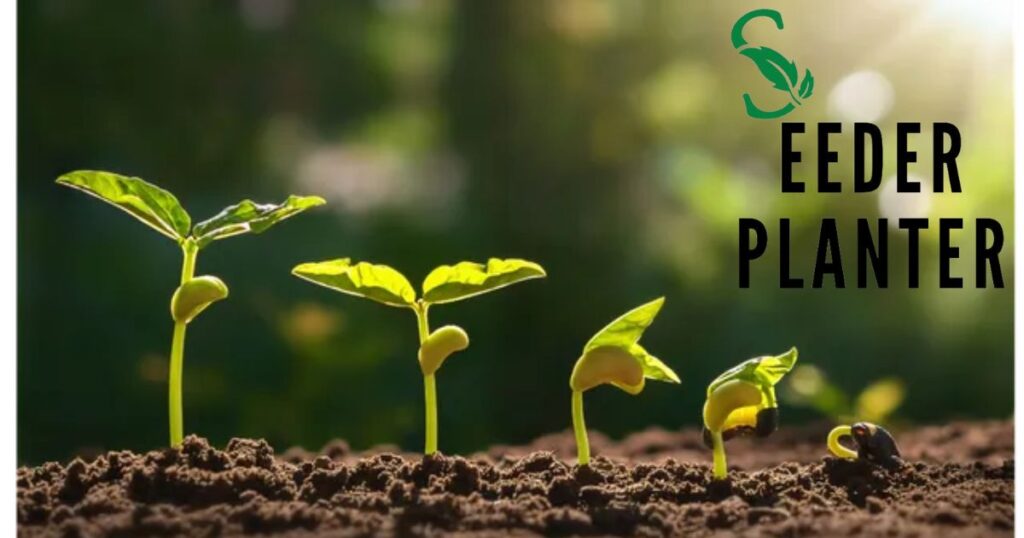
The Seed is the Word of God
In Luke 8:11, Jesus explains, “The seed is the word of God.” This simple statement carries profound implications. Just as a seed contains all the genetic information needed to produce a plant, God’s word contains everything we need for spiritual nourishment and growth.
Born Again of Incorruptible Seed
Peter writes, “You have been born again, not of perishable seed but of imperishable, through the living and abiding word of God” (1 Peter 1:23). This verse speaks to the transformative power of God’s word in our lives, likening it to a seed that produces new life.
Cultivating the Implanted Word
James 1:21 advises, “Receive with meekness the implanted word, which is able to save your souls.” This verse encourages us to nurture the seeds of faith planted in our hearts through scripture, allowing them to take root and grow.
Sowing in Different Seasons of Life
Sowing Morning and Evening
Ecclesiastes 11:6 wisely counsels, “In the morning sow your seed, and at evening withhold not your hand, for you do not know which will prosper, this or that, or whether both alike will be good.” This teaches us to be diligent in our spiritual efforts, regardless of our circumstances or the apparent likelihood of success.
Sowing in Tears, Reaping in Joy
Psalm 126:5-6 offers hope to those going through difficult times: “Those who sow in tears shall reap with shouts of joy! He who goes out weeping, bearing the seed for sowing, shall come home with shouts of joy, bringing his sheaves with him.” This beautiful passage reminds us that our current struggles can lead to future blessings.
God’s Provision for the Sower
Paul reassures us in 2 Corinthians 9:10, “He who supplies seed to the sower and bread for food will supply and multiply your seed for sowing and increase the harvest of your righteousness.” This verse emphasizes God’s faithfulness in providing what we need to sow good seeds in our lives and the lives of others.
From Seed to Harvest: Spiritual Growth Stages
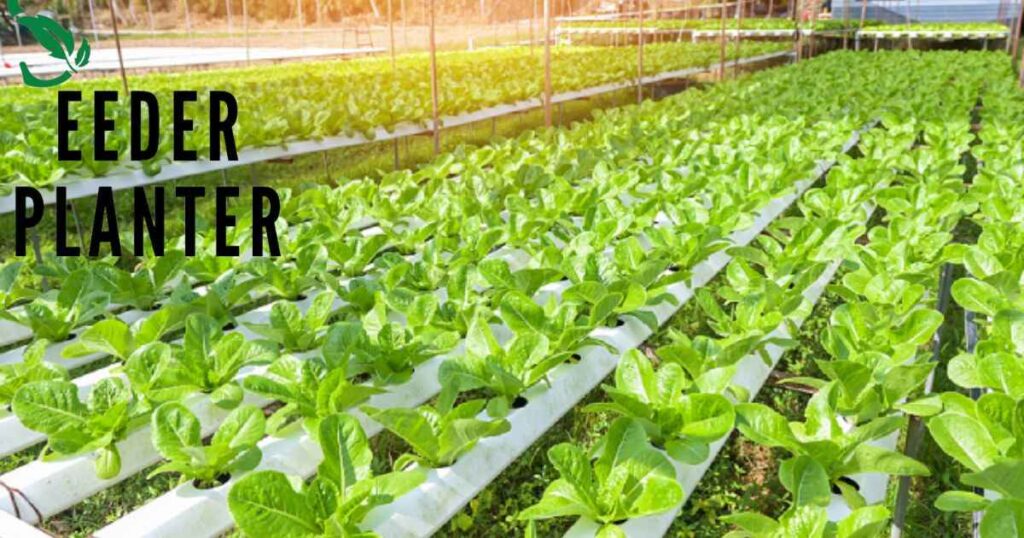
The Secretly Growing Seed
Mark 4:26-29 describes the kingdom of God as a man scattering seed on the ground: “He sleeps and rises night and day, and the seed sprouts and grows; he knows not how.” This parable illustrates how spiritual growth often happens imperceptibly, reminding us to trust in God’s unseen work.
Planting, Watering, and God’s Increase
Paul uses an agricultural metaphor in 1 Corinthians 3:6-9 to describe ministry roles: “I planted, Apollos watered, but God gave the growth.” This passage highlights the collaborative nature of spiritual work while emphasizing that ultimate growth comes from God.
Bearing Fruit in Every Good Work
Colossians 1:10 encourages believers to walk in a manner “bearing fruit in every good work and increasing in the knowledge of God.” This verse connects our spiritual growth with practical actions, reminding us that true faith manifests in tangible ways.
Overcoming Challenges in Spiritual Sowing
Dealing with Weeds Among the Wheat
In the Parable of the Weeds (Matthew 13:25), Jesus warns about an enemy sowing weeds among the wheat. This story teaches us about the reality of spiritual opposition and the importance of discernment in our growth.
Satan’s Desire to Sift Us Like Wheat
Luke 22:31 records Jesus telling Peter, “Satan demanded to have you, that he might sift you like wheat.” This stark warning reminds us of the spiritual battles we face and the need for vigilance in our faith.
The Necessity of Dying to Self for Fruitfulness
Jesus teaches a profound principle in John 12:24: “Unless a grain of wheat falls into the earth and dies, it remains alone; but if it dies, it bears much fruit.” This paradoxical truth speaks to the need for self-sacrifice in the Christian life, showing how surrender leads to spiritual abundance.
The Eschatological Harvest
The Harvest at the End of the Age
Matthew 13:39 speaks of “the harvest is the end of the age, and the reapers are angels.” This eschatological imagery reminds us that our spiritual growth has eternal significance.
The Earth’s Harvest is Ripe
Revelation 14:15 presents a powerful image: “Put in your sickle, and reap, for the hour to reap has come, for the earth’s harvest is fully ripe.” This verse speaks to the ultimate fulfillment of God’s plans for humanity.
Praying for Laborers in the Harvest
Jesus instructs his disciples in Matthew 9:37-38, “The harvest is plentiful, but the laborers are few; therefore pray earnestly to the Lord of the harvest to send out laborers into his harvest.” This call to prayer reminds us of our role in God’s redemptive work.
Practical Applications for Modern Believers
Identifying and Sowing Good Seeds in Daily Life
As modern believers, we can apply these biblical teachings on agriculture to our daily lives:
- Speak words of encouragement (sowing seeds of kindness)
- Invest time in prayer and Bible study (sowing seeds of spiritual growth)
- Give generously to those in need (sowing seeds of compassion)
Cultivating Patience and Faith in the Growth Process
Remember, spiritual growth takes time. Just as a farmer doesn’t dig up seeds to check their progress, we must trust God’s timing in our spiritual development.
But the fruit of the Spirit is love, joy, peace, patience, kindness, goodness, faithfulness, gentleness, self-control; against such things there is no law.” – Galatians 5:22-23
Recognizing and Celebrating Spiritual Harvests
Take time to reflect on your spiritual journey. Identify areas where you’ve seen growth and give thanks for God’s work in your life. This gratitude practice can fuel further growth and encourage others in their faith journeys.
Conclusion
The biblical metaphors of seeds, sowing, and harvest offer rich insights into our spiritual lives. They remind us that growth often starts small, requires patience and care, and can yield abundant fruit. By understanding and applying these principles, we can cultivate lives deeply rooted in faith, bearing fruit that nourishes both ourselves and those around us.
As we continue on our spiritual journeys, let’s remember the words of Jeremiah 17:7-8:
Blessed is the man who trusts in the Lord, whose trust is the Lord. He is like a tree planted by water, that sends out its roots by the stream and does not fear when heat comes, for its leaves remain green, and is not anxious in the year of drought, for it does not cease to bear fruit.

I am Alexander James, a seasoned professional with 4 years of expertise, brings passion and skill to every project. Elevate your experience with my knowledge and creativity.



![Hollyhock Seeds: The Complete Guide to Success [2024]](https://seederabout.com/wp-content/uploads/2024/10/Hollyhock-Seeds-The-Complete-Guide-to-Success-2024-300x157.jpg)


